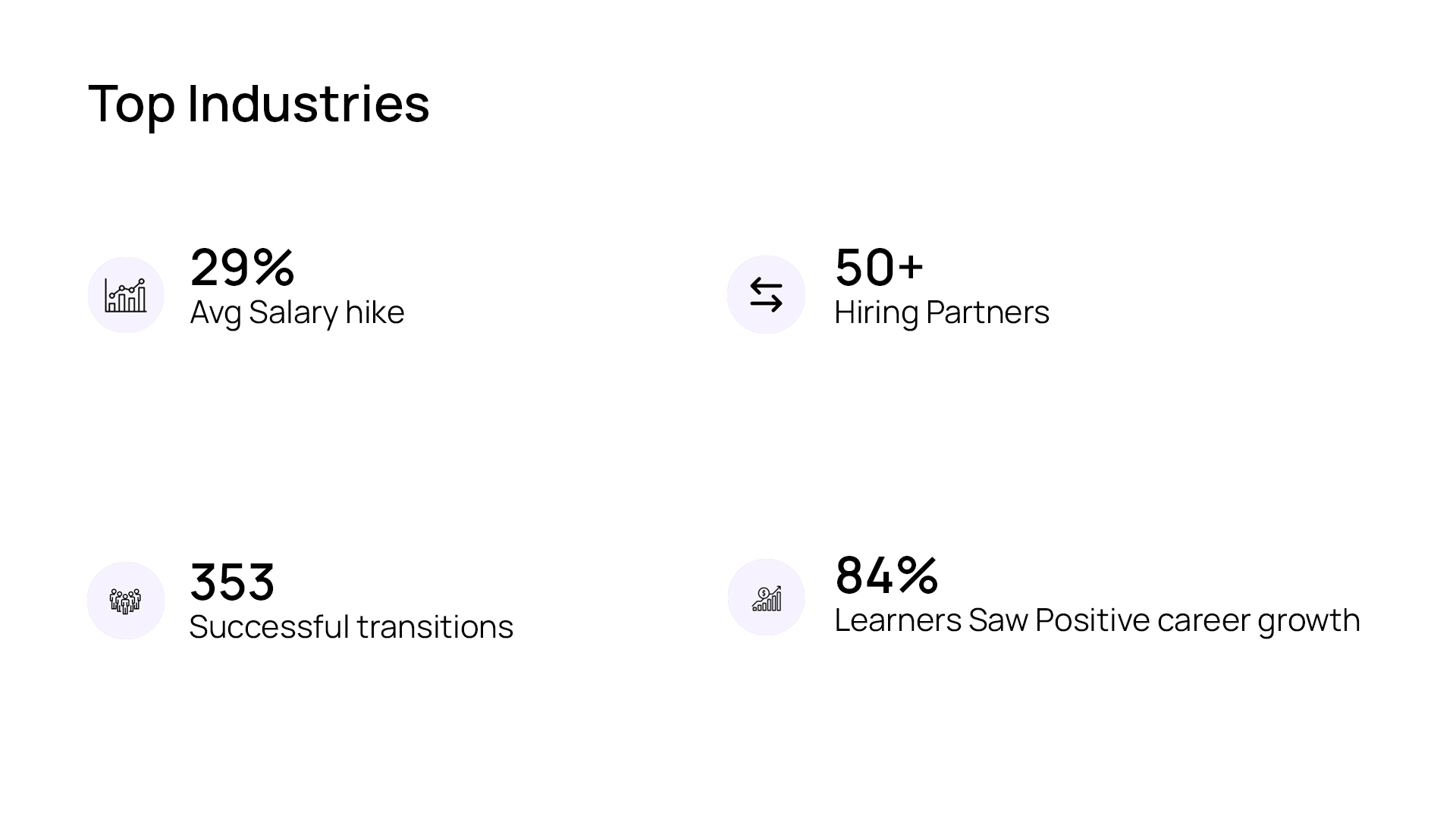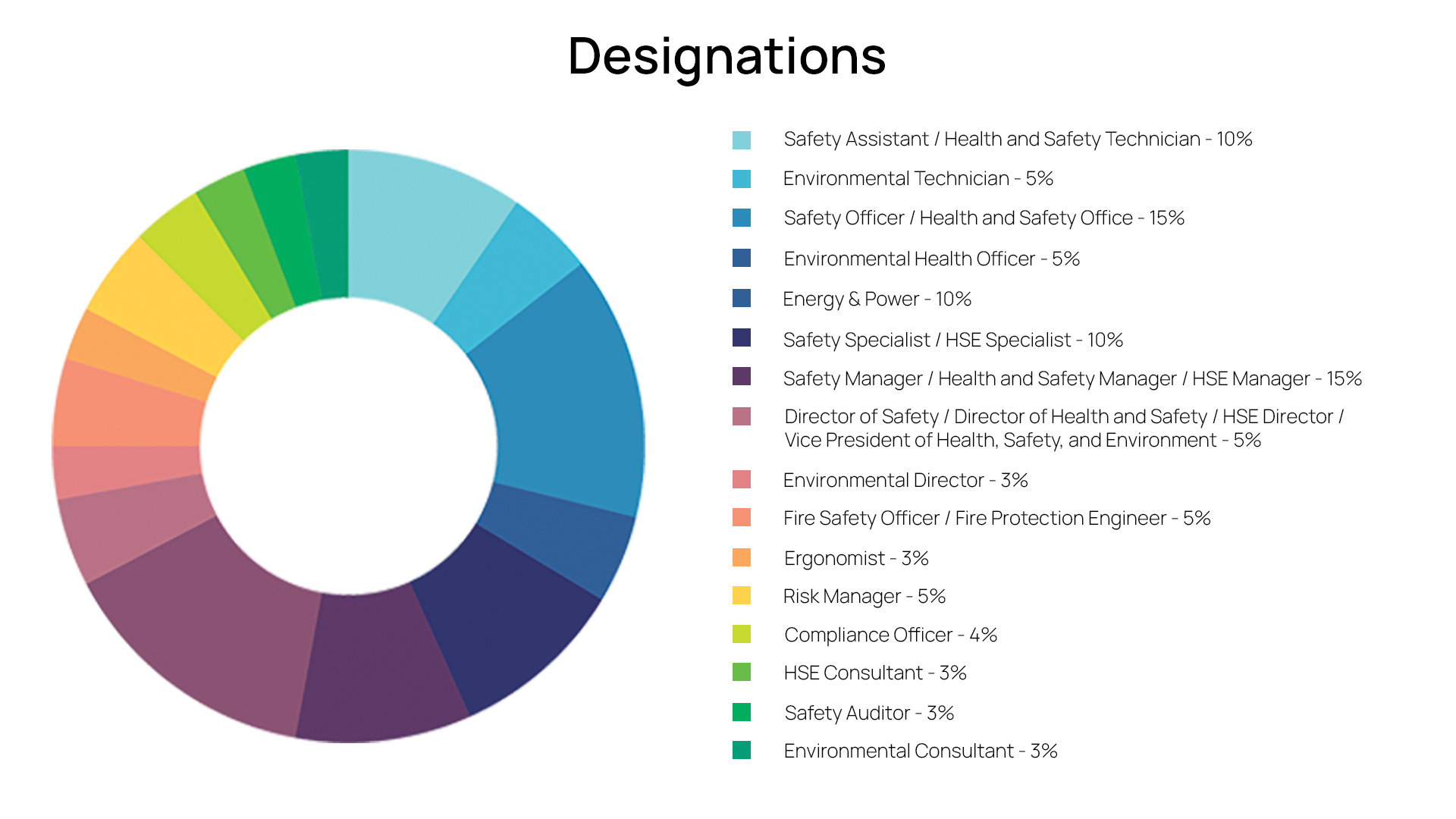Course Overview
Course Overview
- •A master's degree in Environment & Sustainability Engineering usually includes a broad range of courses designed to give students the information and abilities they need to solve environmental problems with engineering. Here is a summary of the main elements of the course:
- •Fundamentals of Environmental Engineering: This module lays the foundation for further study in the discipline by giving an overview of the ideas and principles of environmental engineering, including environmental chemistry, microbiology, and fluid mechanics.
- •Air Pollution Management and Control: This section covers the causes, impacts, and management of air pollution. Students learn methods for modeling pollutant dispersion, monitoring air quality, and designing control systems to reduce emissions from industrial operations, transportation, and other sources.
- •Students study solid and hazardous waste management techniques, such as trash minimization, recycling, composting, landfill design and operation, and composting. The course also covers risk assessment techniques, remediation technologies, and regulations about toxic waste.
- •Graduates in biology, chemistry, environmental science, or other related subjects who want to work in ecological engineering and develop their skills in using engineering concepts to solve environmental problems.
- •Environmental Field Professionals: Individuals with advanced training seeking to improve their skills and career prospects who are currently employed in environmental disciplines, such as waste management, pollution control, water quality, or environmental consulting.
- •Applicants must possess a degree (level 7 qualification) or an equivalent examination in a relevant stream.
- •The degree should have a minimum aggregate of 50% marks and above.
- •The degree must be obtained from an officially recognized degree-granting institution.
- •Alternatively, applicants with a tertiary (postsecondary) degree that is deemed comparable to a four-year bachelor's degree from a regionally accredited institution are also eligible.
- •Candidates with a minimum of 5 years of experience in Occupational Health and Safety are eligible for admission to the program.
- •Semester exams consist of an online written examination lasting 4.30 hours, comprising 70 objective questions and 30 descriptive questions.
- •Additionally, students are required to submit a project report of 2500 words within 60 days of completing the written examination.
This course boasts prestigious accreditations and memberships, reflecting its global recognition and high standards:
- Accreditations:
- •Full Accreditation from the British Accreditation Council (BAC - UK)
- •Full Accreditation from the International Association for Quality Assurance in Pre-Tertiary and Higher Education (QAHE - USA)
- •Approved Learning Partner of the International Board of Safety Professionals (IBSP - UK)
- Course Accreditations:
- •Accredited by the International Institute of Risk & Safety Management (IIRSM - UK)
- International Institutional Memberships:
- •British Safety Council (BSC - UK)
- •The Royal Society for the Prevention of Accidents (RoSPA - UK)
- •Institute of Engineers India (IEI)
- •National Safety Council India (NSCI)
- • Statistics for Environmental Engineers
- • Environmental Chemistry
- • Environmental Microbiology
- • Transport of Water and Wastewater
- • Principles and Design of Physico-Chemical Treatment Systems
- • Principles and Design of Biological Treatment Systems
- • Air Pollution Control
- • Solid and Hazardous Waste Management
- • Environmental and Socio-economic Impact Assessment
- • Industrial Wastewater Pollution- Prevention and Control
- • Environmental Policies and Legislation
- • Remote Sensing and GIS Applications in Environmental Management
- • Climate change and Adaptation
- • Transport of Water and Wastewater
- • Principles and Design of Physico-Chemical Treatment Systems
Testimonials
Student Community Feedback
I have been learning from more than three months and also completed my first semester exam. The online teaching arrangement is good, valuable inputs are also available from various students on the questionnaire in the discussion forum, I found it really good learning experience ...

UAE
My experience with KEN Institute has been so wonderful and skilful journey. I achieved my HSE level 6 qualification within stipulated timeframe. There online classes are taught with experts and well experienced lecturers. They assisted me all the way through my course. I'm glad that I choose KEN.

Trilogistic W.L.L, Qatar
The course delivery is exceptionally well done with the session being so interactive with the faculty and other learners always available through the discussion, which makes it easier to learn and share experiences. The course is exactly what I was looking for. Thanks to Ken Institute .

Botswana
I definitely would recommend KEN Institute of Executive Learning and would encourage students to study hard and inform themselves as much as possible about the several academic opportunities the Institution offers. This Institute takes the educational mission to heart, here you will find people...

DR Congo
My experience with Ken institute has been a very good one. The administrators have been really helpful from first enquiry all through enrollment and the teachers are resourceful and knowledgeable. I have no complaints about my experience so far. Thank you Ken institute.

Uganda










